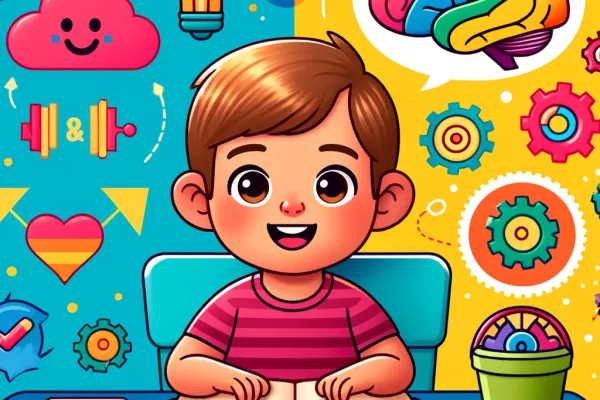The Cognitive Benefits of Biliteracy for Young Children

Biliteracy, or the ability to read and write proficiently in two languages, offers significant cognitive advantages for young children. Research has shown that children who learn to read in two languages develop enhanced cognitive abilities, including better problem-solving skills, improved memory, and greater mental flexibility.
According to a study by Bialystok et al. (2012), bilingual children have better executive functions, which are crucial for tasks that require switching attention, planning, and inhibiting irrelevant information. These cognitive skills are not only beneficial for academic success but also for everyday problem-solving and decision-making.
Reading in two languages helps children understand language structures and grammar more deeply. This understanding can transfer across languages, enhancing their overall literacy skills. Furthermore, bilingual children often show greater creativity and improved multitasking abilities compared to their monolingual peers (Adesope et al., 2010).
By promoting biliteracy through platforms like Read in 2 Languages, we can help children develop these cognitive benefits from an early age, setting them up for long-term academic and personal success.
References:
- Bialystok, E., Craik, F. I. M., & Luk, G. (2012). Bilingualism: Consequences for mind and brain. Trends in Cognitive Sciences, 16(4), 240-250.
- Adesope, O. O., Lavin, T., Thompson, T., & Ungerleider, C. (2010). A systematic review and meta-analysis of the cognitive correlates of bilingualism. Review of Educational Research, 80(2), 207-245.
Posted 1 year ago by Fabrice Jaumont